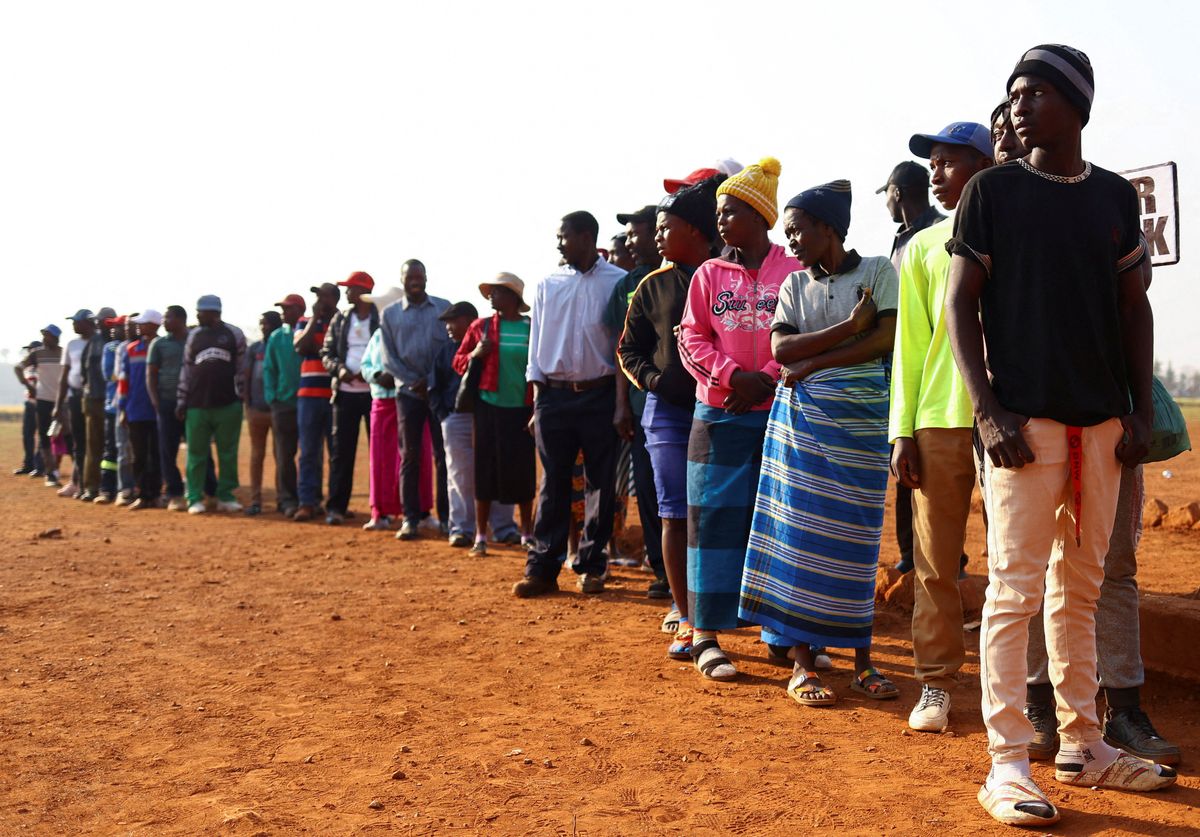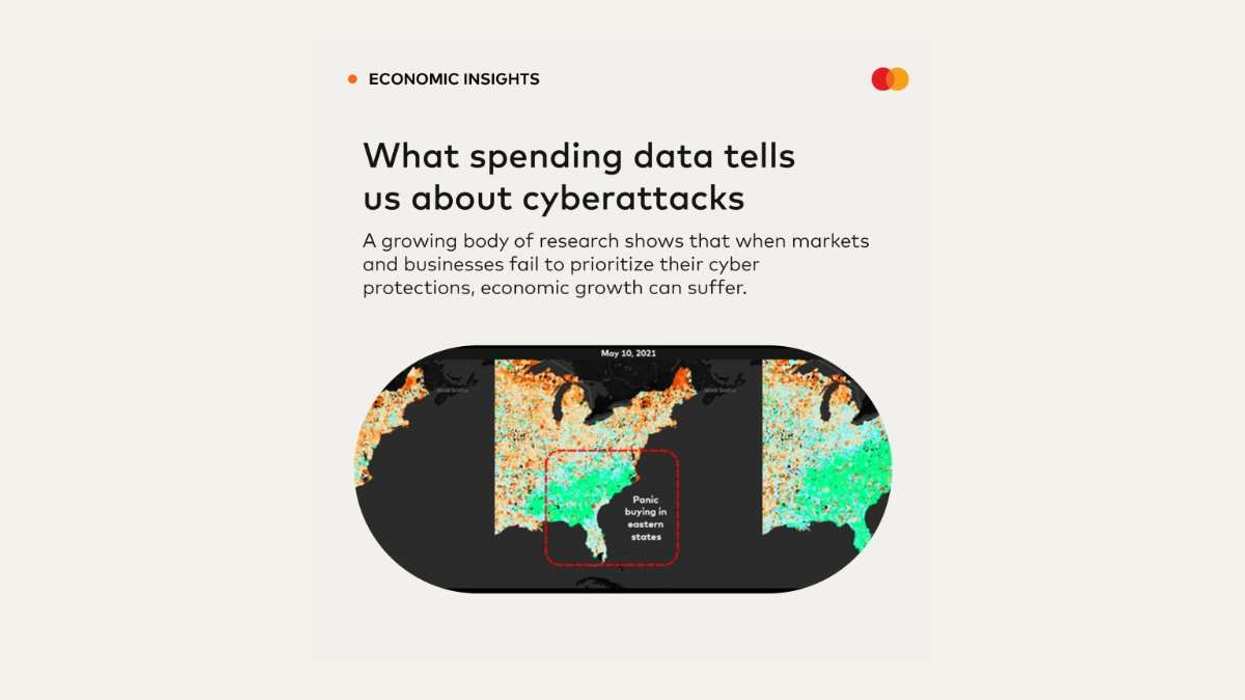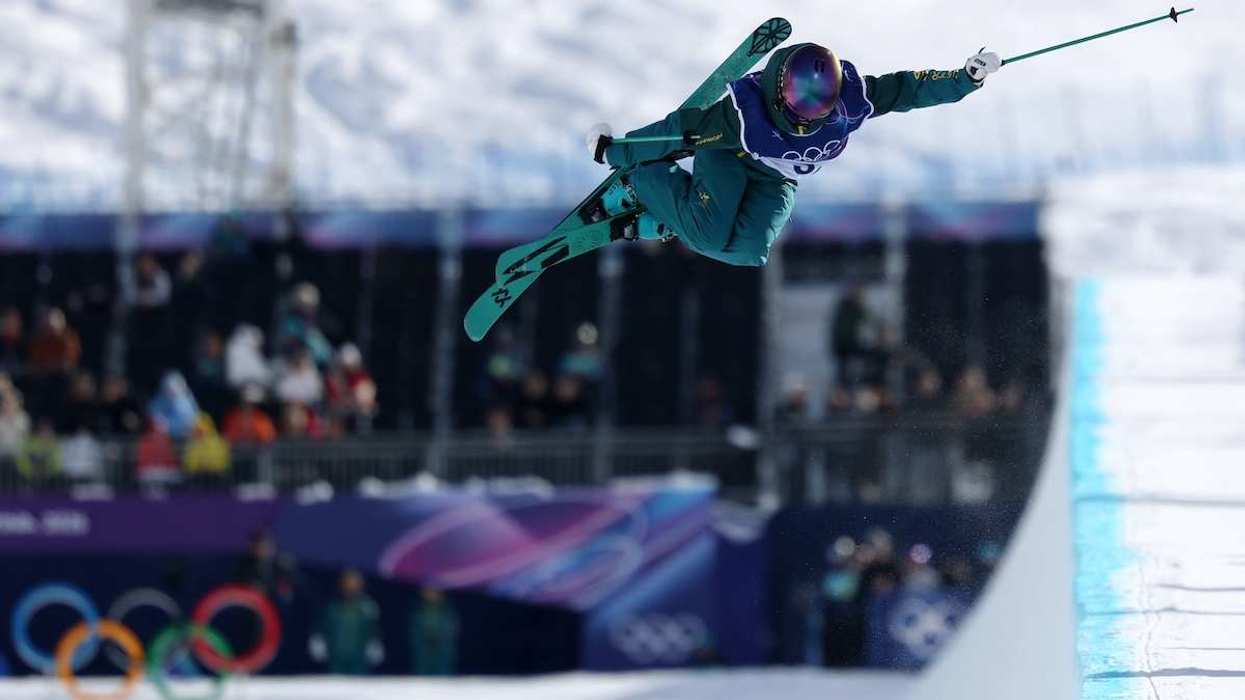After a chaotic 24 hours that saw delays reported in many parts of the country, voting was extended in Zimbabwe’s presidential election this week. Some voters said they waited for more than 10 hours on Wednesday after many polling stations ran out of paper. At least 30% of voting centers in Harare, the capital, reportedly haven’t had access to core materials needed to operate.
Extending the vote, presumably so everyone has a chance to cast a ballot, aims to give the election – the second since Zimbabwe gained independence after white colonial rule in 1980 – a perception of fairness, though observers say the vote has been anything but.
President Emmerson Mnangagwa, the incumbent who leads the Zanu-PF Party formerly helmed by longtime despot Robert Mugabe, has been accused of stifling dissent and hamstringing the opposition in the lead up to the vote. Opposition forces and their supporters have been locked up, while Citizens Coalition for Change, the main opposition party led by lawyer and preacher Nelson Chamisa, has been banned from holding events. Meanwhile, in rural areas, voters have reportedly been beaten and harassed, forcing them to vote for the ruling party.
Still, there are signs that Zanu-PF is worried about the election outcome – which could go to an October runoff if no one reaps more than 50% of the vote.
If Mnangagwa wins, the CCC is likely to contest the outcome in court. The problem, however, is that the courts have been stacked with regime loyalists, which could give way to a period of prolonged instability and violence.



















